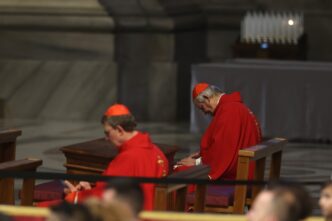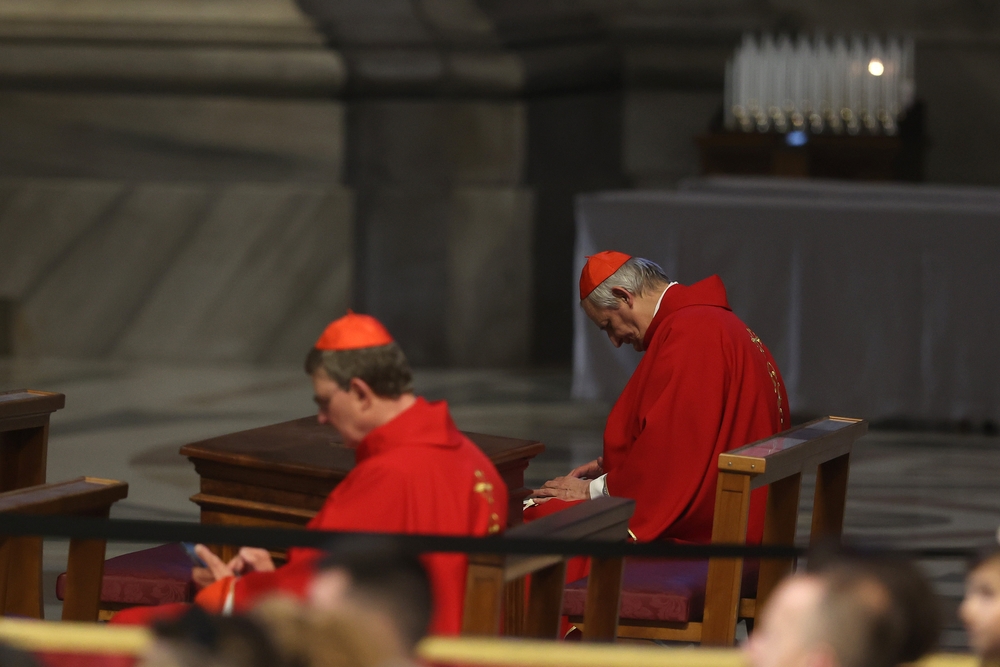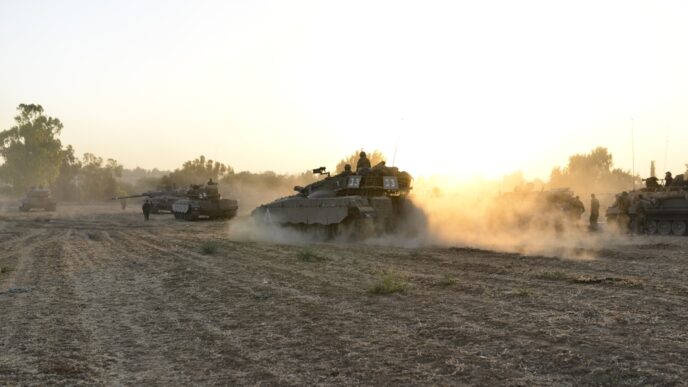In preparation for the upcoming conclave to choose the successor to Pope Francis, Vatican support staff, including cleaners, cooks, doctors, nurses, drivers, and elevator operators, are taking an oath of secrecy. This solemn vow, administered in the Vatican’s Pauline Chapel, precedes the conclave scheduled to commence on Wednesday. Breaking this oath results in automatic excommunication.
Support roles include clergy members serving as multilingual confessors, with cardinals set to pledge their oaths in the Sistine Chapel before casting initial votes. The conclave’s duration remains uncertain, concluding only when white smoke from the Sistine Chapel’s chimney signals a decision. To maintain the necessary support structure, lay personnel are essential to cater to and serve the cardinals, ensuring medical support and maintaining the solemn environment expected during the selection of the next Catholic Church leader, who will guide approximately 1.4 billion followers.
During the conclave, cardinals will reside within Vatican grounds and can either walk or use a specially designated bus to reach the Sistine Chapel. Vatican officials have requested that cardinals refrain from carrying mobile phones to the chapel, although they will not be confiscated. Vatican guidelines strictly prohibit the disclosure of conclave proceedings or communication with the outside world until the election’s conclusion.
To safeguard privacy, signal jammers will be employed to prevent electronic surveillance, with Vatican gendarmes overseeing security measures. The oath-taking procedures are firmly grounded in Vatican law, as outlined by Pope John Paul II in a 1996 document on papal elections, subsequently amended by Pope Benedict XVI. The amendments reinforced the secrecy obligation, explicitly stating that any breach results in automatic excommunication.
The liturgical assistants and secretaries are required to uphold “absolute and perpetual secrecy,” avoiding any use of recording devices. The oath states, “I promise and swear to observe absolute and perpetual secrecy concerning all matters, directly or indirectly, related to the votes and scrutiny for the election of the Supreme Pontiff.” Signatories acknowledge the penalty of automatic excommunication for breaches, calling upon divine aid in upholding this vow.
As the oath ceremony proceeds, the Vatican’s child protection advisory commission has urged cardinals to prioritize addressing clergy sexual abuse during the papal election, emphasizing the Church’s credibility hinges on accountability, transparency, and justice for victims. Established by Pope Francis, the Pontifical Commission for the Protection of Minors advises on best practices to combat abuse. It has called for prayer as cardinals gather in Rome before the conclave, stressing that concerns over scandal must not overshadow the pursuit of truth.
The abuse scandal has severely damaged the Catholic hierarchy’s credibility worldwide, with revelations of decades-long abuse and cover-ups. While both Pope Francis and Benedict XVI have implemented measures to address these issues, transparency and a culture of impunity persist. Victims often report revictimization through church processes meant to handle complaints. The commission’s statement acknowledges the scandal’s damage to the Church’s reputation and highlights the cardinals’ responsibility towards victims, asserting that the Church’s credibility rests on genuine accountability, transparency, and justice.
The commission’s president, Cardinal Sean O’Malley, is participating in pre-conclave discussions but will not vote in the election due to being over the age of 80.











